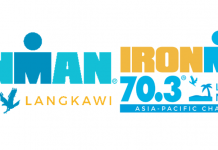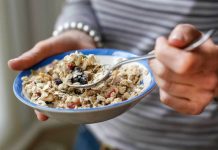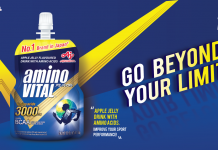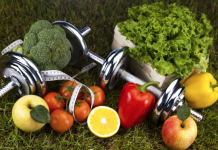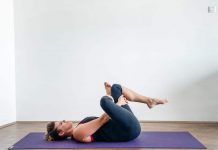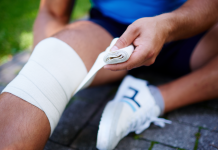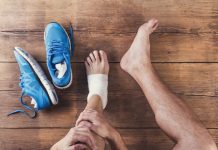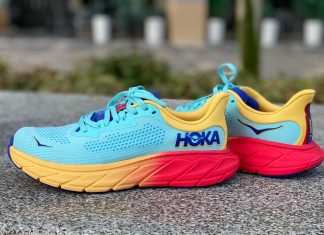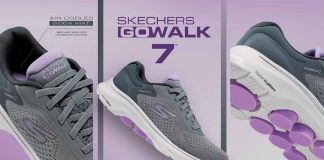DRINK YOUR MILK
Milk, along with other dairy products, contains two essential nutrients for bone health: calcium and vitamin D. Calcium directly increases bone formation, by being directly deposited into bones, while vitamin D does so indirectly by increasing intestinal calcium absorption and by increasing bone resorption to provide calcium from “old” bone to make “new” bone. The sun is also a key source of vitamin D. Another important nutrient for bones is Vitamin K, which is contained in green leafy vegetables. Vitamin K assists in the synthesis of osteocalcin, a bone protein that attracts calcium.
Bones are your body’s largest storage site for calcium, but calcium also exists in other areas, like your blood.
Blood calcium level is regulated by parathyroid hormone, which is produced by your parathyroid glands. When blood calcium decreases, production of parathyroid hormone increases and stimulates bone resorption so calcium is released into the blood. That’s why dietary calcium is so important — if it’s insufficient, calcium will be “stolen” from bone to maintain its level in the blood. Instead of buying that mid-afternoon soda from the vending machine, drink some milk.
So, if you want strong, dense bones, increase the strain on your bones with both weight-bearing running and high-intensity resistance exercises and consume adequate amounts of calcium and vitamin D, especially as you get older. And if you train hard enough, you’ll surely have the strongest bones of all your friends, strong enough to even have your own mother tell you that you have a hard head!
Strategies to Increase Bone Mineral Density and Maintain Bone Health
EXERCISE
- High-intensity resistance exercise
- Resistance exercise that focuses on the muscles of the lumbar spine and anterior/posterior hip regions
- Plyometric exercises (box jumps, depth jumps, leg bounding, etc.)
- Emphasize movement in varying directions
- Weight-bearing exercise during adolescence, before skeletal maturity is reached
NUTRITION
- 1,000 milligrams of calcium per day for ages 19-50 years; 1,200 milligrams per day for ages over 50 years
- 400 International Units of vitamin D per day for ages 19-50 years; 600 to 800 International Units per day for ages over 50 years
- Adequate caloric intake to meet metabolic needs
 Jason Karp, PhD
Jason Karp, PhD
Run-Fit, LLC
Jason Karp, PhD, is the owner of Run-Fit, LLC, 011 IDEA Personal Trainer of the Year, and creator of the REVO2LUTION RUNNING certification. He has more than 200 published articles in international running, coaching, and fitness magazines, is the author of six books, including The Inner Runner, and speaks around the world. For training programs and autographed copies of his books, go to http://run-fit.com







